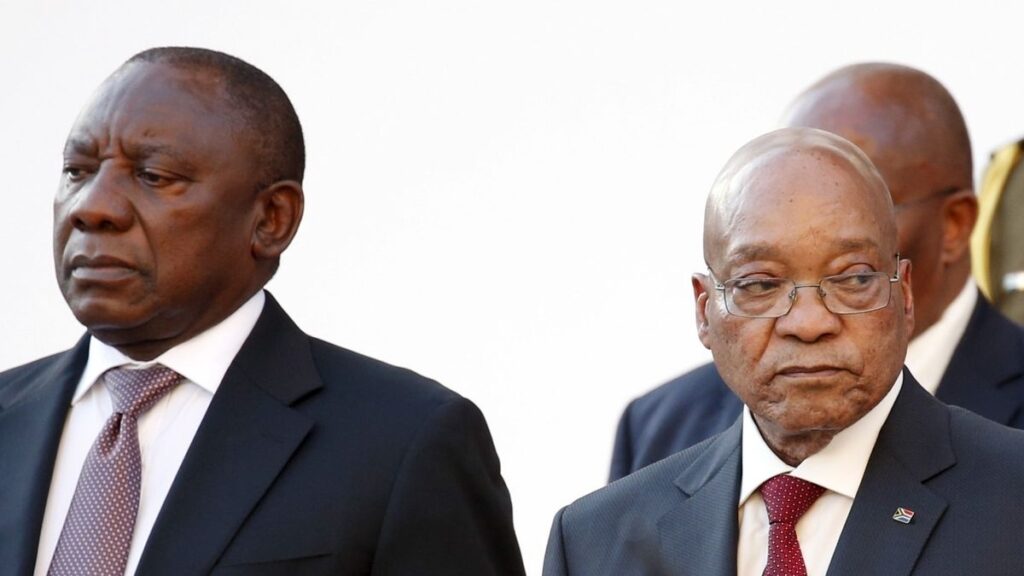As South Africa approaches a pivotal election, Jacob Zuma's political maneuvering and affiliations continue to spark important debate across the country's political and social spheres. With deep knowledge of the African National Congress (ANC) and its inner workings, Zuma's recent activities and alliances, particularly with respect to the MK Party, indicate that his influence within and outside the party remains undiminished. This development comes amid growing concern over the ANC's current trajectory and its impact on South Africa's future.
Zuma's strategic mastery of ANC dynamics
Wayne Duvenage said Zuma's strategic insight into ANC politics enabled him to maintain considerable influence over the party's direction after becoming president. His connections within the wider ANC political scene and support from international actors such as Russia highlight his continued relevance and potential to shape South Africa's political landscape. The results of the recent Mpumalanga by-election, in which the three-month-old party performed impressively, highlight the potential challenges facing the ANC against the backdrop of Zuma's political strategy.
Populism and ideological change
Mr Zuma's recent statements and the MK party's campaign have been characterized by a populist tone, focusing on conservative social values and ideological differences with the vision of current president Cyril Ramaphosa. This shift to a more traditionalist position not only reflects Zuma's personal political beliefs, but also an attempt to capitalize on broader social and economic discontent within South Africa. There is also. His approach has reignited debate about the ANC's ideological orientation and its ability to address the country's myriad challenges, from governance to economic policy.
Implications for South Africa's political future
The evolution of political dynamics, punctuated by Zuma's enduring influence and the ANC's internal challenges, suggests a potentially transformative period in South Africa's political history. The upcoming elections raise the possibility of major changes in the country's leadership and policy direction, raising questions about South Africa's role in international affairs, particularly its membership in the BRICS economic bloc. As the ANC grapples with issues of corruption, governance and public discontent, the impact of Zuma's political strategy and the rise of new political groups could well redefine the contours of South African politics.
South Africa stands at this critical juncture, and the interplay between Zuma's influence, the internal dynamics of the ANC, and the broader socio-political context will undoubtedly shape the country's path forward. . The coming months will determine whether the ANC can reinvigorate its vision and strategy to respond to the evolving needs and aspirations of South Africans, or whether it will cede ground to new political forces emerging from Zuma's enduring legacy. This will be extremely important in your decision.

